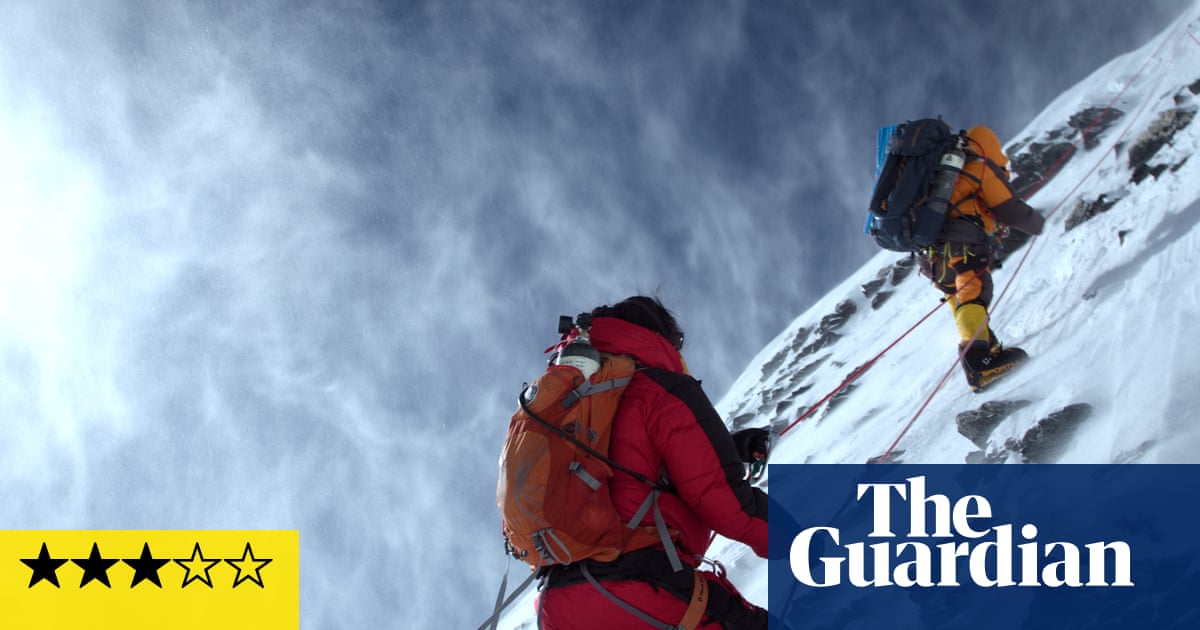
This portrait of title subject Lhakpa Sherpa, the only woman to have summited Mount Everest 10 times, is so densely packed with uplifting moments that at times it feels like emotional mountaineering – but the climb has terrific views. British director Lucy Walker (Waste Land, Blindsight, Bring Your Own Brigade) toggles back and forth between on-the-snow-face footage of Lhakpa’s latest ascent and interview material where she recounts her life, a story full of extraordinary achievement but also the most tragically quotidian misfortune when she gets married to an abusive alcoholic. Interestingly, like a climb, the getting-to-the-top part is only half the story and as Lhakpa heads back down, footage shot at other times hints at a complex parallel story about an immigrant woman and her daughters’ struggles to process trauma and multicultural life. In some ways, that second strand is more interesting but doesn’t have such soaring landscapes.
The daughter of yak farmers who grew up in the shadow of the world’s tallest mountain, Lhakpa was drawn to the climbing life from a young age, despite the lack of encouragement from her parents and society at large which didn’t see climbing as something women did. But, as they say, she persisted and was soon setting records. When she met Romanian George Dijmarescu, a climber like herself, they became both a romantic and climbing partnership. But George had a very dark side, one that was exposed when Michael Kodas, an embedded journalist, wrote about Dijmarescu’s violence towards Lhakpa while they were in the middle of an ascent; these reports were published while the climb was going on, which made things even worse for Lhakpa. (The reportage eventually produced a book, High Crimes, and Kodas is interviewed here.) Eventually, Lhakpa realised the situation was untenable for her and her two young daughters, Sunny and Shiny, who in the film’s present are still working through what went on.
That’s all a lot of baggage for one film, but the editing is nimble enough to keep putting one foot in front of the next, making for a fascinating journey. Lhakpa comes across well here for the most part, although sometimes her self-deprecation, constantly emphasising her illiteracy and humility, feels a little performative. And clearly we’re meant to chuckle in awe at the fact that her day job, when not climbing mountains, is working in the kitchen at a Whole Foods in Hartford, Connecticut, as if to remind the viewer that workers in menial positions are sometimes extraordinary. Still, the film hardly puts a foot wrong.
Source: theguardian.com

















